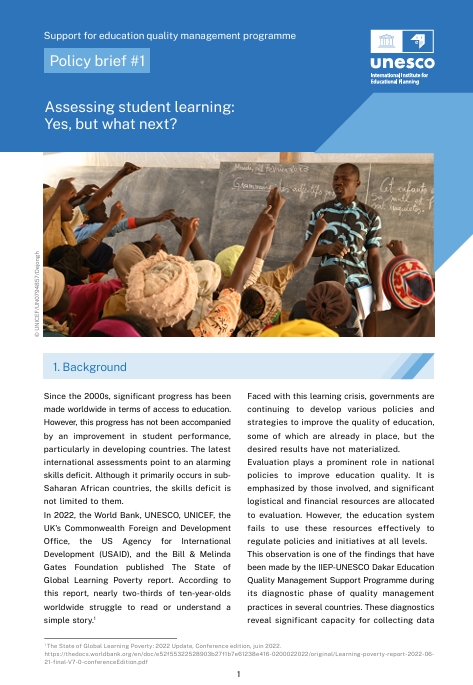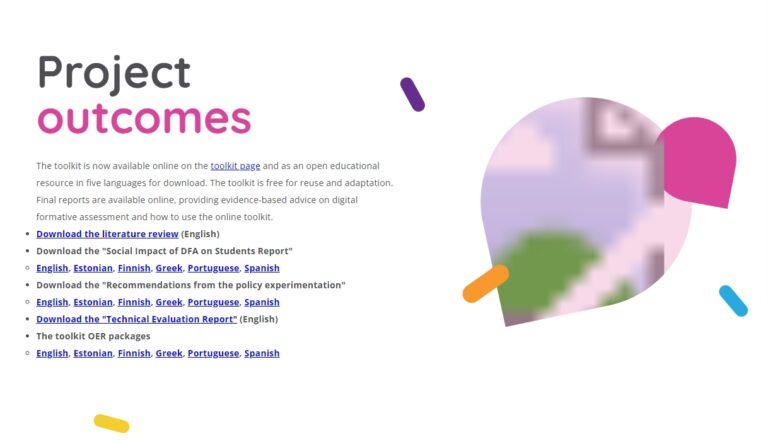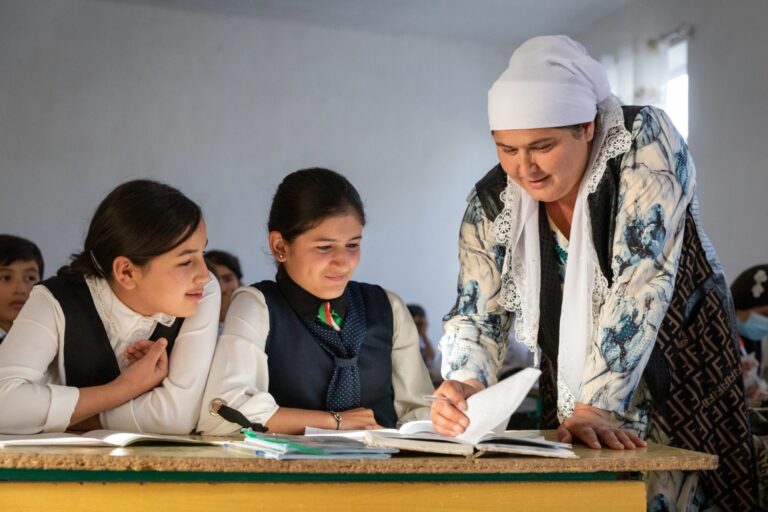By Alejandro Paniagua | 08 February 2018
Despite the increased and improved reporting of teachers and schools that are innovating the teaching of new skills and learning goals for the 21st century, schools are still seen largely as very resilient places for innovation. As asseverated by Charles Payne ten years ago, if the emphasis on school reform has witnessed “so little change” it is primarily due to the difficulty of capturing and understanding the daily realities of urban schools. These daily realities include the myriad of scattered, small, and original activities and projects that, as discussed in the OECD’s Innovative Pedagogies for Powerful Learning (IPPL) project, might be the seeds for important transformations when properly aligned and supported.
Teachers are not technicians who implement the educational ideas and approaches of others, but rather professionals able to think about and look for solutions when they face new problems. However, a brief look at the teaching innovation landscape can be both overwhelming and discouraging for most teachers. Overwhelming, the lack of a common international framework of pedagogies results in teachers trying to make sense of the hundreds or even thousands of innovative cases and experiences coming from diverse sources—see, for example, the 2855 innovations cataloged by researchers from the Center for Universal Education. Maybe these 21st century skills and learning goals are increasingly well defined in new projects targeting curriculum reform and incorporated in surveys such as the Programme for International Students Assessment (PISA), but neither the curriculum nor the assessments really tell teachers how to update their practices. This is also discouraging because quite often the way these innovations are showcased revolves around their unique nature, one that is too intertwined to a particular context and makes them difficult to scale up and adapt to realities outside of where they come from.
The IPPL project precisely aims at helping teachers navigate that huge dispersion of promising practices and new approaches. By streamlining groups of practices and experiences and by linking them to particular learning theories, we propose six wide clusters of innovative pedagogies that enable leapfrogging in education through the teaching of new and cross-cutting skills, along with new content.






